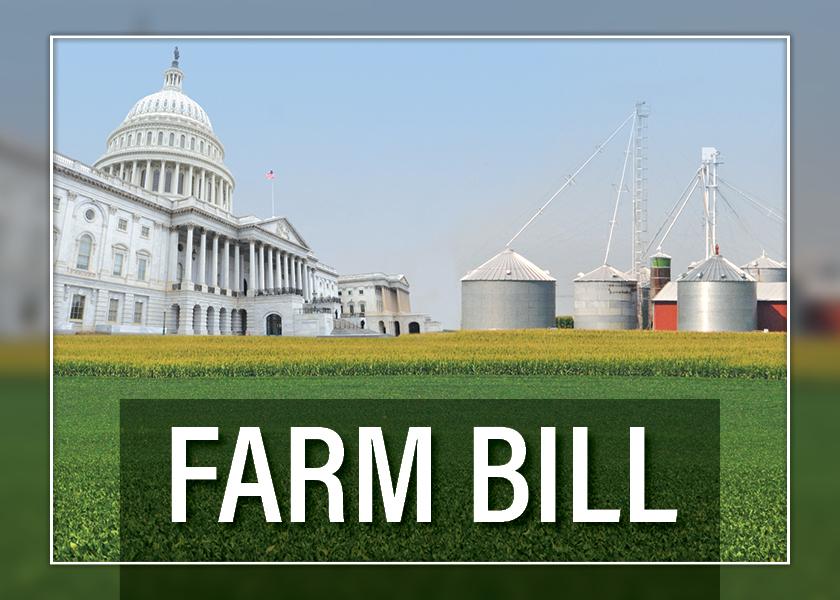Senators Look To Rein-In Abuse Of Farm Payment System

U.S. Senators Chuck Grassley (R-IA) and Sherrod Brown (D-OH) have introduced bipartisan legislation called the Farm Program Integrity Act of 2023 to rein-in what they call abuse of the farm payment system.
“Too often, farm subsidy payments go to those who don’t need the support or aren’t even engaged in farming,” Brown said in a news release the senators distributed jointly.
The proposed legislation would create a hard cap of $250,000 in total commodity support for a single farm operation. It would also require that beneficiaries of the system spend at least 50% of each year engaged in farm labor or management.
“General partnerships and qualified joint ventures would now be treated just like corporations or other limited liability entities is my understanding,” Paul Neiffer, CPA and Principal with CliftonLarsonAllen LLP, told Chip Flory on AgriTalk.
“Under current law, a general partnership with six equal owners would have a payment limit of $750,000. This Act would reduce it to $250,000,” Neiffer adds.
Help For Family Farms
Grassley’s decision to support the Farm Program Integrity legislation is consistent with his repeated efforts to put limits on farm program payments, Flory notes.
“He doesn't say that big is bad. But what he does emphasize is he wants it to be a program for family farms,” Flory says.
Grassley says too many farm program dollars go to the largest U.S. farming operations.
"(We need to make) sure that the farm program is in fact a safety net, but for medium and small farmers as opposed to those that farm 10,000 to 15,000 acres,” Grassley said earlier this week. "I don't have anything against big farms getting bigger, but I don't think we should subsidize them to get bigger."
He adds that just 10% of U.S. farming operations receive 70% of all yearly farm payments.
“It isn’t right to send bloated farm payments to people who are more familiar with an office chair than a tractor seat,” Grassley said, in the senators' joint release. “This bill brings honesty to the farm payment system and prioritizes farming families over mega farms. Hard-earned tax dollars should only be sent to hard-working farmers – those with calluses on their hands and dirt under their fingernails.”
Good Intentions, Questionable Results?
Neiffer cautions that the Act, if passed, could have unintended negative consequences for family farms and their owners.
“Currently a large general partnership can have unlimited active family members and each can receive up to the maximum payment limit. This legislation would limit the payment to $250,000 which likely means these larger general partnerships will now break down into smaller two-person partnerships, which will create more tax returns, more administrative burden on the local FSA office, etc.
“I know that Sens. Grassley and Brown mean well, but in my opinion, there should be no limit on entities,” Neiffer adds. “It should simply be a limit on the owners. If they really want to limit the payments, implementing the labor requirement would be more than sufficient.”
With the focus of conservative Republicans looking to cut government spending, Neiffer says he thinks the proposed legislation could have support.
"A month ago, I would have said it has no chance, but with what's going on in the House, maybe this has a chance of coming into the new farm bill," he says.
The AgriTalk conversation between Neiffer and Host Chip Flory is available below:
In other news, see:
Senate Votes to Limit Foreign Land Ownership
Carbon Intensity Is Going To Be A Team Sport
Is Mexico Banning GMO Corn to Protect Native Corn Varieties?







